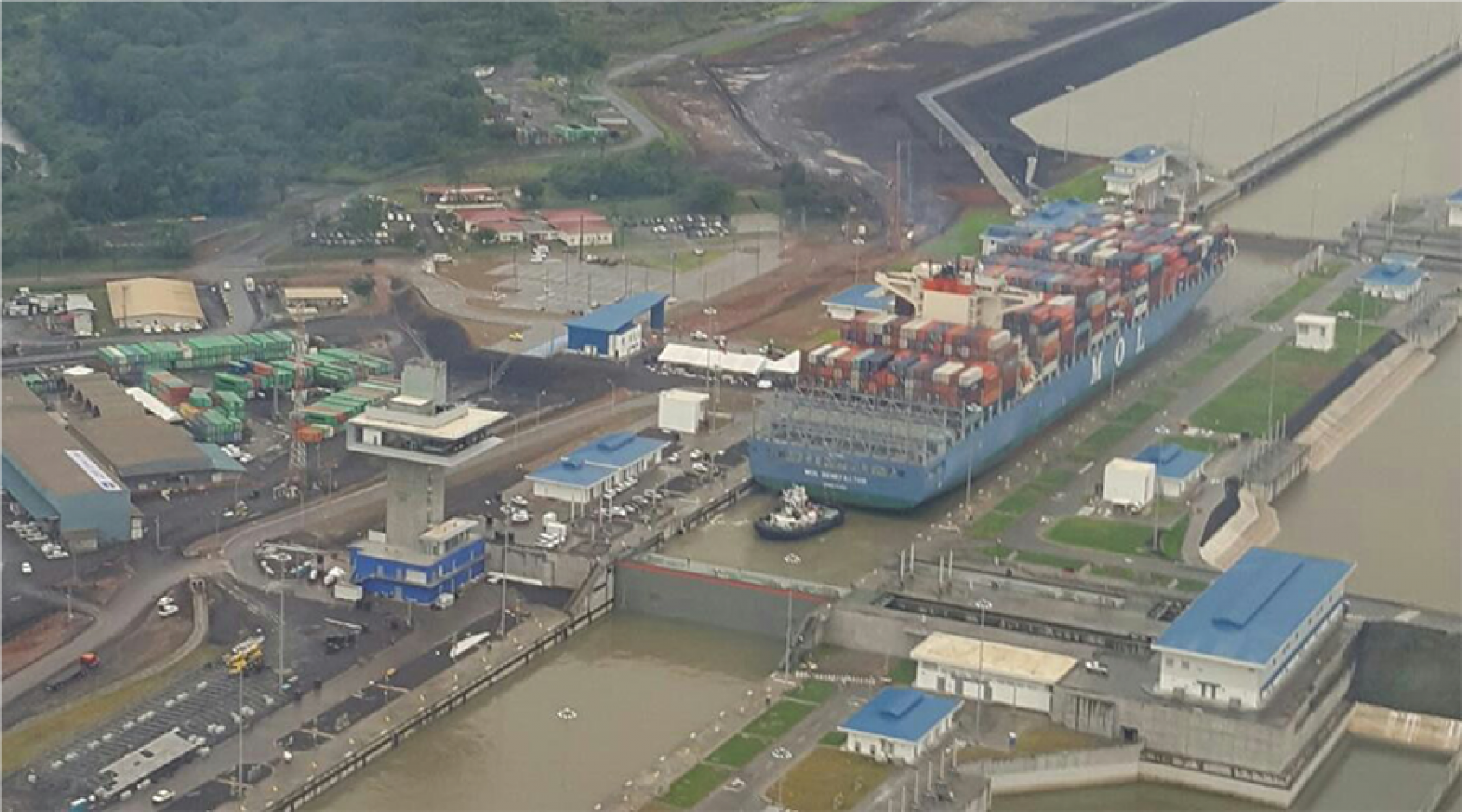
The NeoPanama locks in the Panama Canal have been surrounded by safety concerns since before the opening.
A study commissioned by the ITF in 2016 provided an early alert to the Panama Canal Authorities that the operations had more risks than initially considered. The study also provided some suggested solutions on how to minimise the risks which would have prevented some of the incidents that have occurred if the Authorities had been willing to engage with the unions and ITF.
On the operational and labour relations side, the situation is more complex. “The move from the Canal Authorities to reduce the manning on the tugboats and thereby reducing the Canal’s costs since the construction costs vastly exceeded the initial estimates is too simplistic and only gives a short-term financial gain while the most important element appears to be overlooked or ignored, namely safety of the workers and the safe transit of the vessels and its crew” says Nick Bramley Chair of the ITF Inland Navigation Section.
“The NeoPanamax vessels have a single set of locks for the crossing which means that an accident or an incident that obstructs the Canal would in fact stop the crossing schedule of all NeoPanamax vessels” says David Heindel, Chair of the ITF Seafarers’ Section.
The sudden and unilateral decision from the Canal to reduce the manning was not raised or discussed with the crew. Also the new safety operations procedures came unexpectedly. ITF affiliates representing workers in the Canal have informed the ITF that they have requested meetings with the Canal Authorities numerous times in order to have a constructive discussion about the situation and how the Canal can operate safely, effectively and efficiently, but the PCA have consistently ignored or refused to enter into dialogue with the unions and the workers.
The crewmembers on board the tugboats still remember the tragic accident that claimed the life of their colleague and Able Seaman on 22 November 2017, an accident that could have been avoided if, among other things, the Canal Authorities had listened to the workers and ensured adequate manning on board. After an analysis the manning was not reduced in the forward tugboat and was kept to three able seaman, and there are serious fears that the recent reduction to the manning could result in another casualty.
The situation between the PCA and the Tugboat Captains’ Union (UCOC) is worsening day by day. The PCA has threatened with dismissals of around ten (10) Tugboat Captains that are refusing to perform operations they consider unsafe.
The lack of focus on safety has already resulted in one casualty and a number of incidents, including collisions that in one case an investigation by the USA National Transportation Safety Board (following a collision between the Panama canal tug Cerro Santiago and the US Coast Guard cutter Tampa) indicated excessive working hours and fatigue as one of major the causes. “It is easy to make decisions that affect the safety when sitting behind a desk, but it is a different matter when the decisions that are being made put people’s lives and that of their colleagues in jeopardy. The Authorities should ensure proper investigation of all incidents and work with the unions in finding solutions instead of sanctioning those that raise safety concerns” says the ITF General Secretary Stephen Cotton.
Panama Canal workers seem to be facing a dilemma, blindly follow orders and risk their lives, the safety of others and the reputation of the Canal that they have proudly operated and transformed into a national pride and asset for over a hundred years or be sanctioned and/or dismissed, it’s “Catch 22”.


မွတ္ခ်က္အသစ္မ်ားတင္ျခင္း